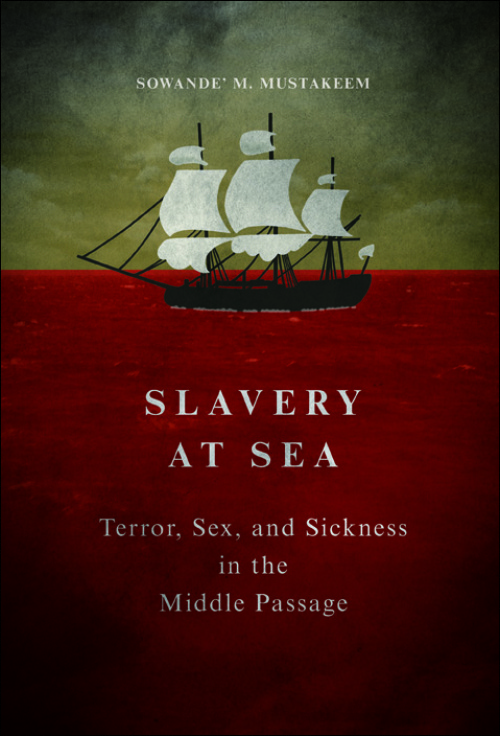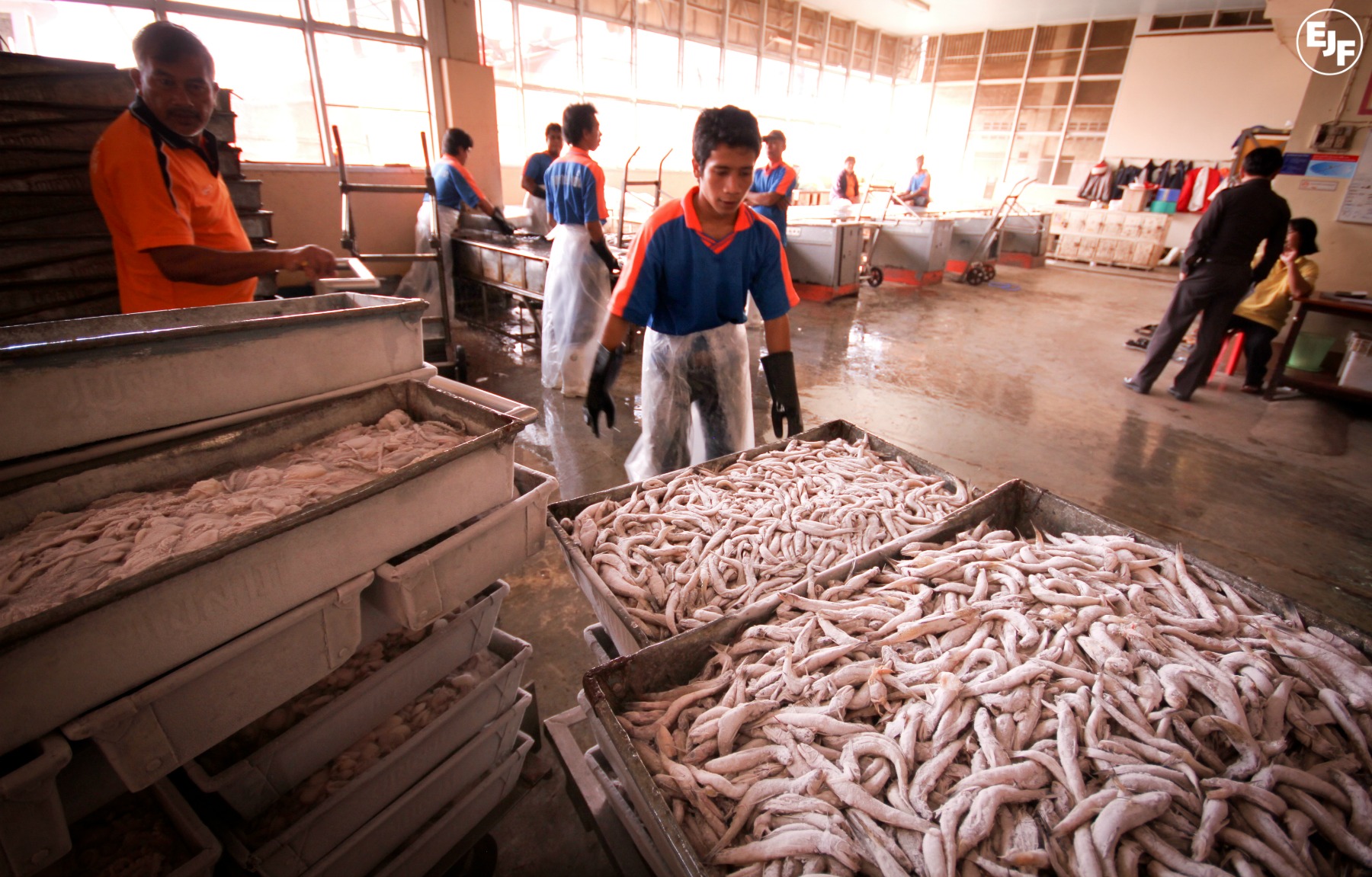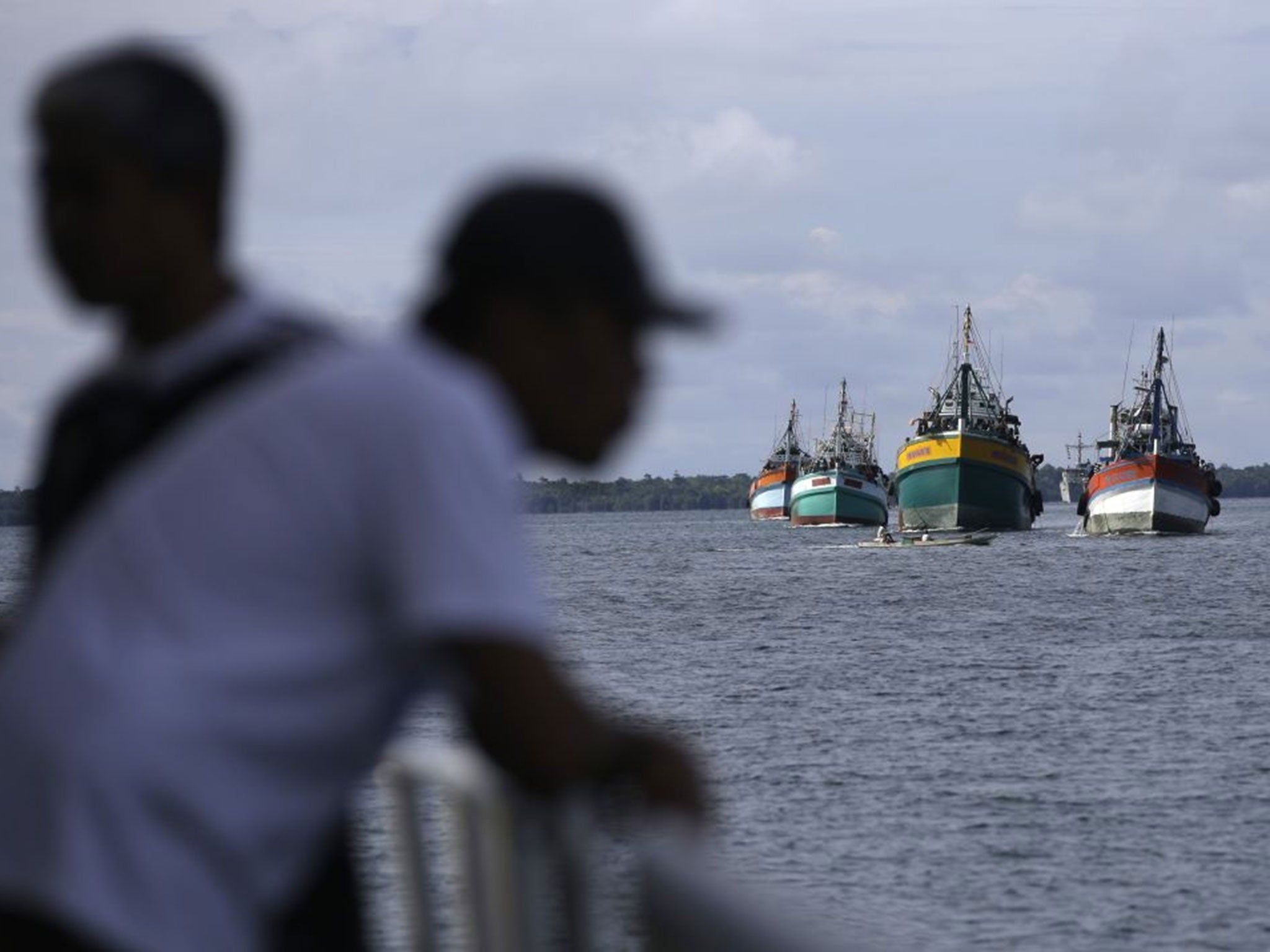

It's about reading these documents with a different lens and a different gaze that can produce new questions.ĬN: These new questions are meant to challenge presumptions about the slave experience.

SM: I just wouldn't let people tell me no, because there were a lot of people that pretty much said, "No we don't have anything on that history" and I was like, "Well no, no, no, unless I'm just not allowed as a graduate student, let me go look and see." It's not about even discovering any sort of new documents. I'm not buying that there are no documents." So even as a broke and poor graduate student, I worked it out and I went to 25 archives, which is extremely unusual for a graduate student.ĬN: These archives were located all over the world - in Jamaica, in Liverpool, the US - and she went to each place with the same attitude. SM: When I was a graduate student, I was just hell bent on thinking, "No one is gonna tell me there's no history here. But it's foundational.ĬN: Perhaps because this history has been so sidelined, Mustakeem was determined to tell the story.

I mean, some people want to leave it at baggage, you know they want to see it as a stain in American history. Sowande Mustakeem (guest): This is central to American history, but yet it's been so marginalized and sidelined because it's so gruesome - because it represents sort of that worst in human interaction. These stories can be brutal and difficult to even think about, but for Mustakeem, this violent chapter in history deserves to be studied and remembered. Mustakeem studies the horrific world of 18th century slave ships. In her newly released book, Slavery at Sea: Terror, Sex, and Sickness in the Middle Passage, she brings to light the experiences of those often left out of the history of slavery - women, children, the elderly, and the diseased. This week on the podcast we return to an episode from 2013 featuring historian Sowande Mustakeem.

Mustakeem's research focuses on the experiences of those most frequently left out of the history of the Middle Passage - women, children, the elderly, and the diseased.Ī version of this episode was first released in 2013, in our American Identities series.Ĭlaire Navarro (host): Thanks for listening to Hold That Thought. Here, she shares the tragic story of one enslaved woman and discusses why it's so important for Americans to confront this foundational, brutal chapter of history. In her new book Slavery at Sea: Terror, Sex, and Sickness in the Middle Passage , historian Sowande' Mustakeem reveals the forgotten world of 18th century slave ships.


 0 kommentar(er)
0 kommentar(er)
